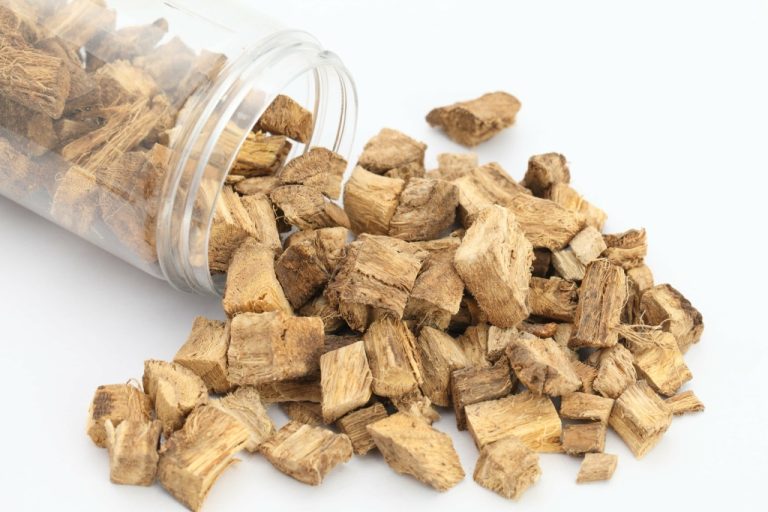Uncategorized
Alcohol and Depression: Whats the Connection?
Content
- Understanding the Link Between Alcohol Use and Depression
- How Do Depressive Disorders and Alcoholism Co-occur?
- How Do I Tell My Parents I Might Have a Drinking Problem?
- What Causes the Connection Between Alcohol and Depression?
- Women’s Drug Treatment Near Los Angeles
- Center of expertise
- Get Depression Treatment in Spring Hill, Florida
We’re in a unique position to notice when our friends are having a hard time, and to take action to support them. If you’re worried that a friend is struggling emotionally, trust that instinct. Use the tips and tools below to help you recognize a problem, start a conversation, and follow through with your support. Find out how the drug interacts with alcohol and learn other helpful info about your medication.
It affects the way they view https://ecosoberhouse.com/ around them and the world at large. They’re plagued by feelings of sadness that decrease their interest in things they used to enjoy. It can also limit their ability to function at home, work, or in school. It’s a pervasive condition that affects a person’s outlook on themselves and the world around them. People with depression can’t “get over it.” The sense of hopelessness touches on every aspect of their life.
Understanding the Link Between Alcohol Use and Depression
For those struggling with depression, alcohol is sometimes used to suppress symptoms related to their condition, such as irritability, loss of interest, anxiety, restlessness and insomnia. Unfortunately, using alcohol as a way to self-medicate depression can significantly impact physical and emotional well-being. Mental illnesses such as depression are more common than many people think.
This is a common part of diagnosis because both so frequently occur together. People who have experienced abuse, trauma, and relationship problems may be more likely to be depressed or misuse alcohol. Individuals with alcohol use disorder may drink too much alcohol, too often.
How Do Depressive Disorders and Alcoholism Co-occur?
Contact a alcohol and depression provider now to find out more about alcohol and depression treatment options. Combining drinking with psychotic depression can be extremely dangerous to one’s health and well-being, as well as those around them. Rather than providing a sense of calmness, alcohol actually exacerbates the symptoms of psychotic depression.
Disagreement also exists about whether longer term independent treatment for depressive or anxiety diagnoses is required for the alcoholic person to achieve a normal level of life functioning. Thus, long-term psychiatric treatment does not appear to be required for alcohol-induced psychiatric conditions to be resolved (Brown and Schuckit 1988; Schuckit and Hesselbrock 1994). In some cases, you may receive a dual diagnosis of a major depressive disorder and an alcohol use disorder .

